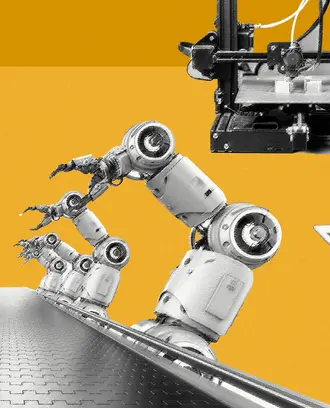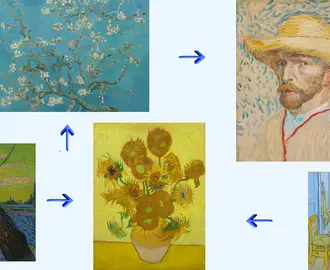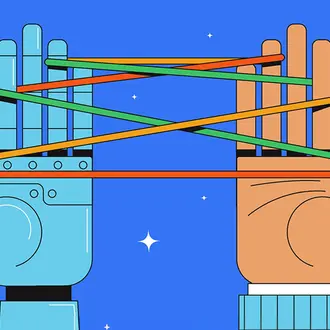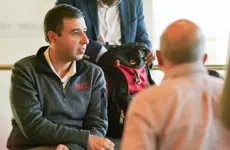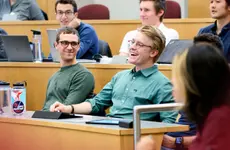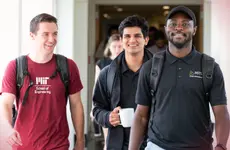Agentic AI, explained
Ideas Made to Matter
Upcoming Events
Cambridge, MA
Graduate Certificate Information Session: February 2026
Online Event
MIT Sloan Africa Innovate Conference
Cambridge, MA
MIT Sloan Intersections
We're at the intersection of management + technology. Explore our data-driven solutions to the world's most significant challenges.
More than a degree

MIT Sloan is a catalyst for transformation. Whether you're just finishing your undergrad degree or you're a seasoned leader, we have a program that's right for you. Whatever your career goals, your experience here will unlock unimagined opportunities.
-
Experiential + Inventive MBA
-
Transformative + Flexible MIT Executive MBA
-
Accelerated + In-residence MIT Sloan Fellows MBA
-
Intense + Doctoral-level Master of Business Analytics
-
Rigorous + Quantitative Master of Finance
-
MBA + Engineering Leaders for Global Operations
Hire talent that transforms
What if your business could see more of the future? Since 1914, MIT Sloan has been preparing leaders with a practical education in management for tomorrow. Finding new answers to complex problems is what our students and alumni do. Our graduates are the leaders you've been looking for.

